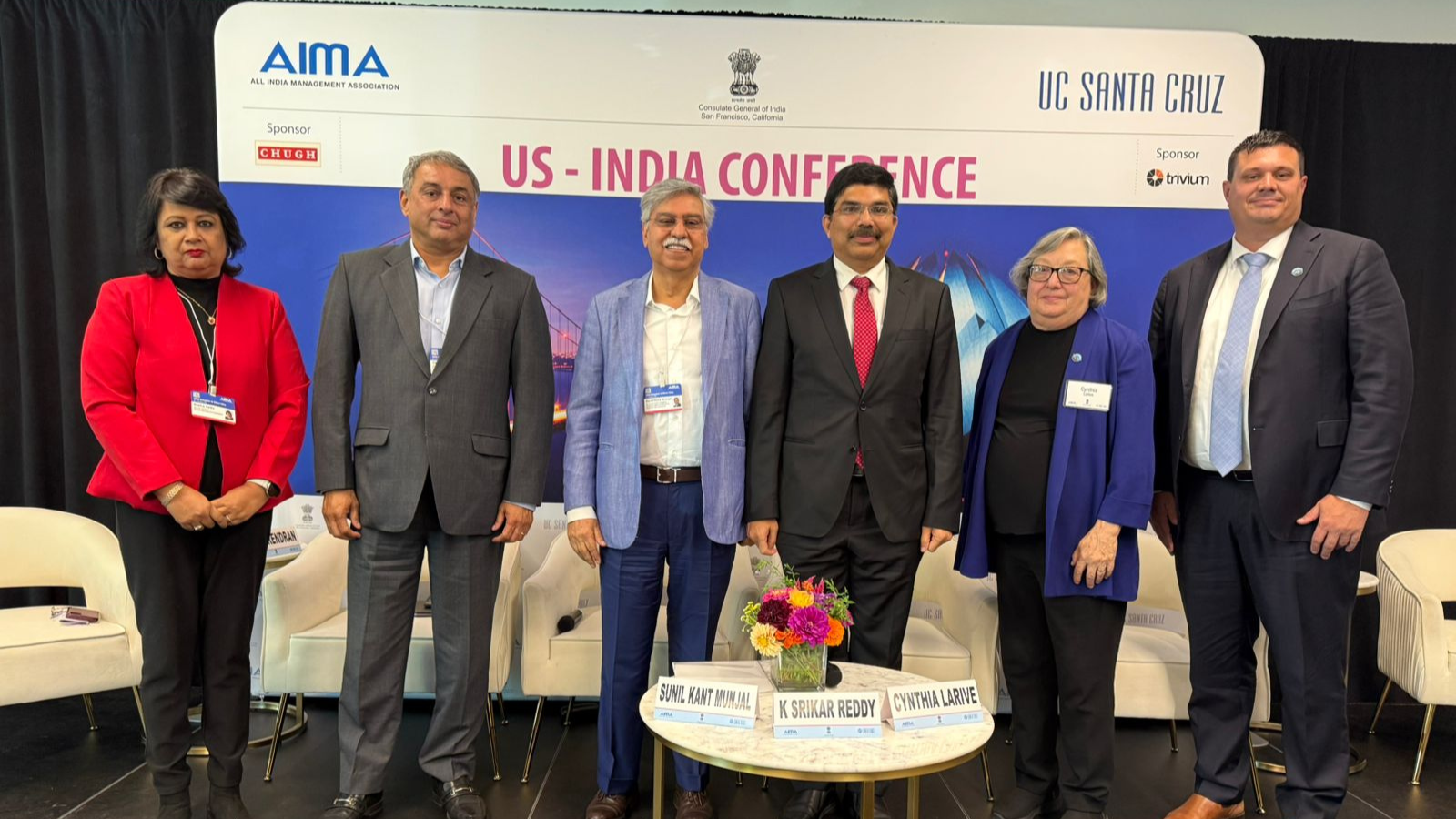
The speakers discuss evolving US–India dynamics, focusing on trade, technology, and trust, and exploring ways to recalibrate their partnership for sustainable global growth.
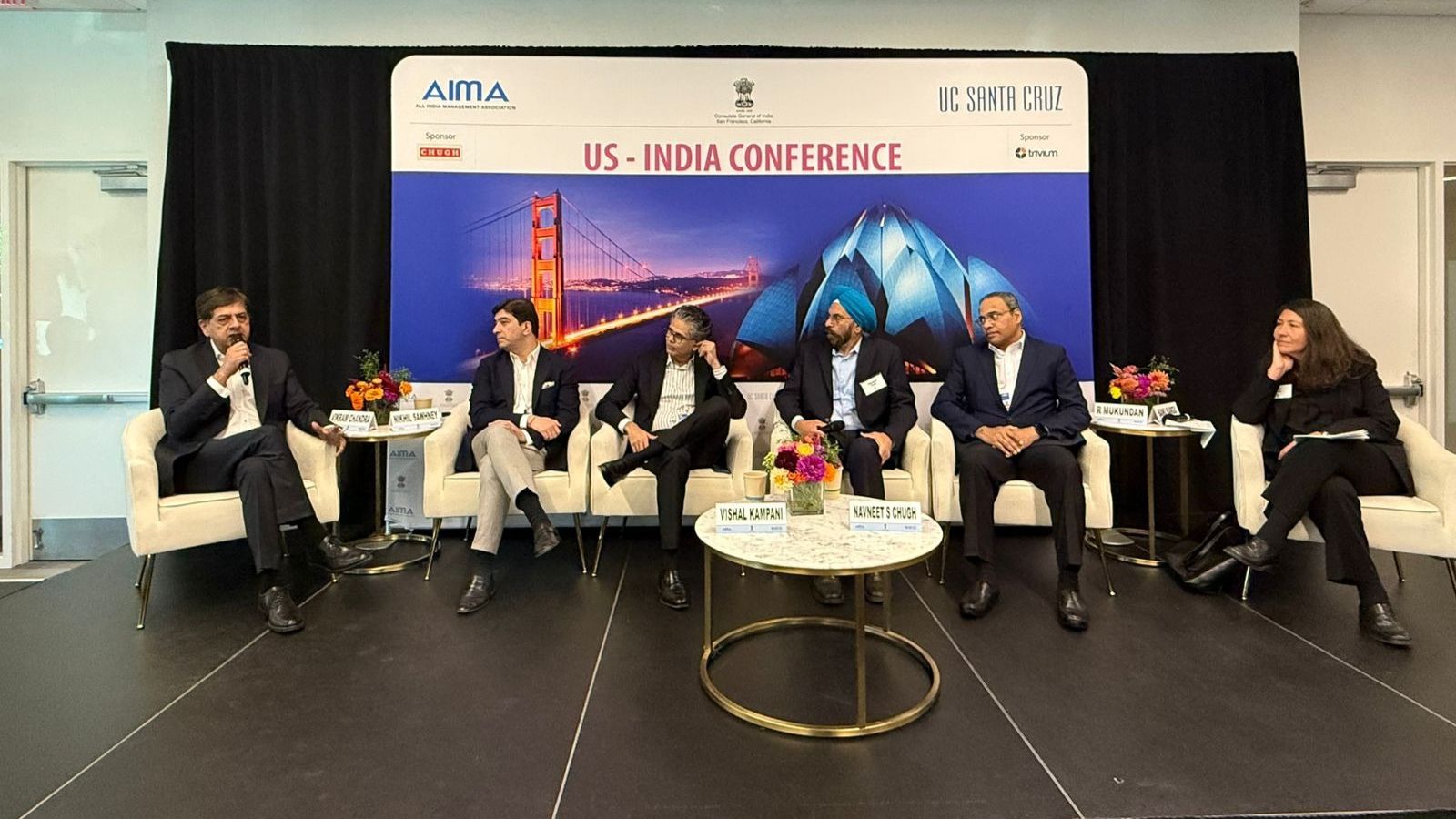
The speakers talk about how nations can move beyond conflict, rebuild trust, prevent new divides and make peace and cooperation strategic priorities.
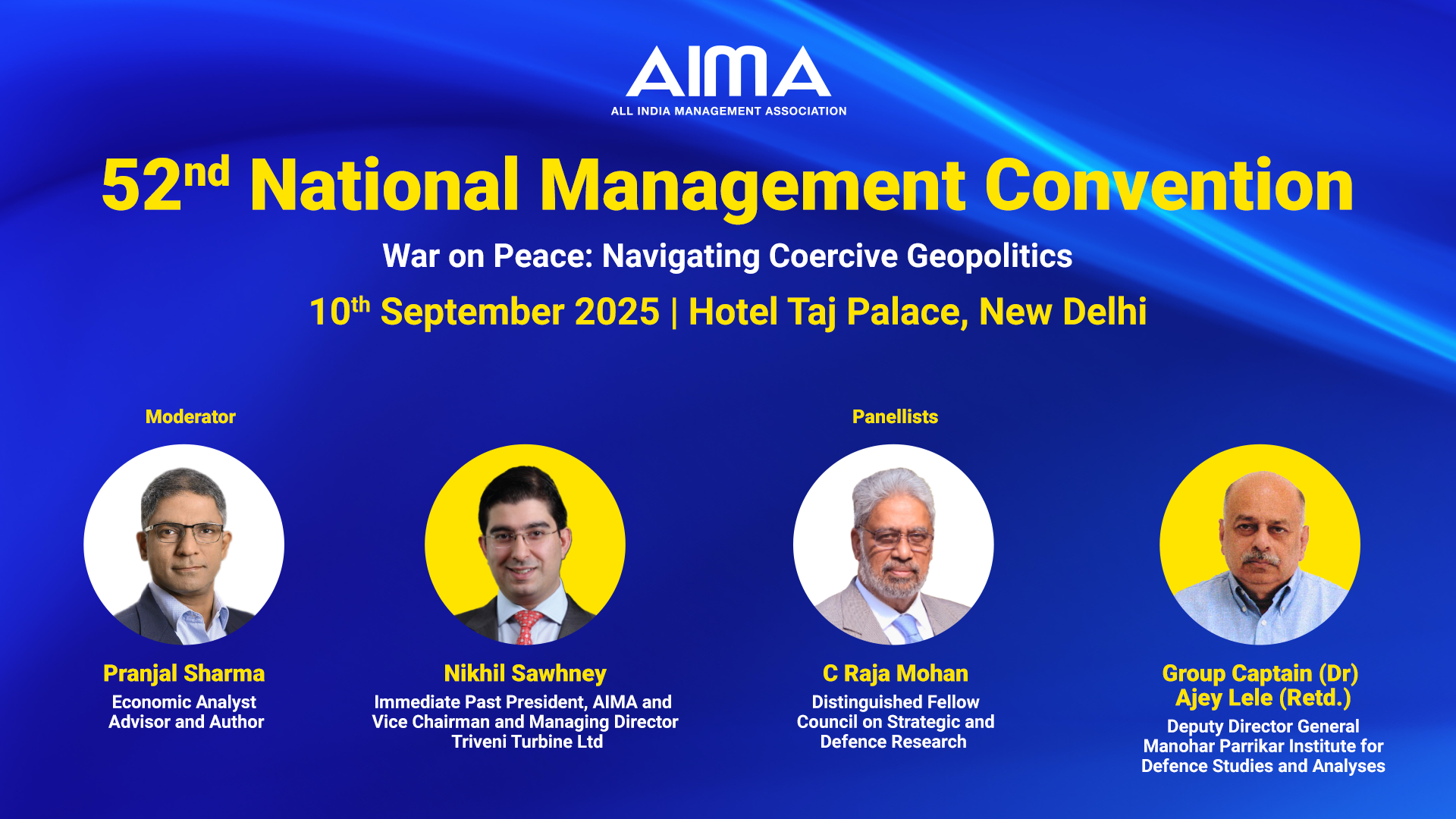
The session explores how wars, tariff disputes, and global polarisation affect supply chains and investments, highlighting India’s strategy amid geopolitical pressures.
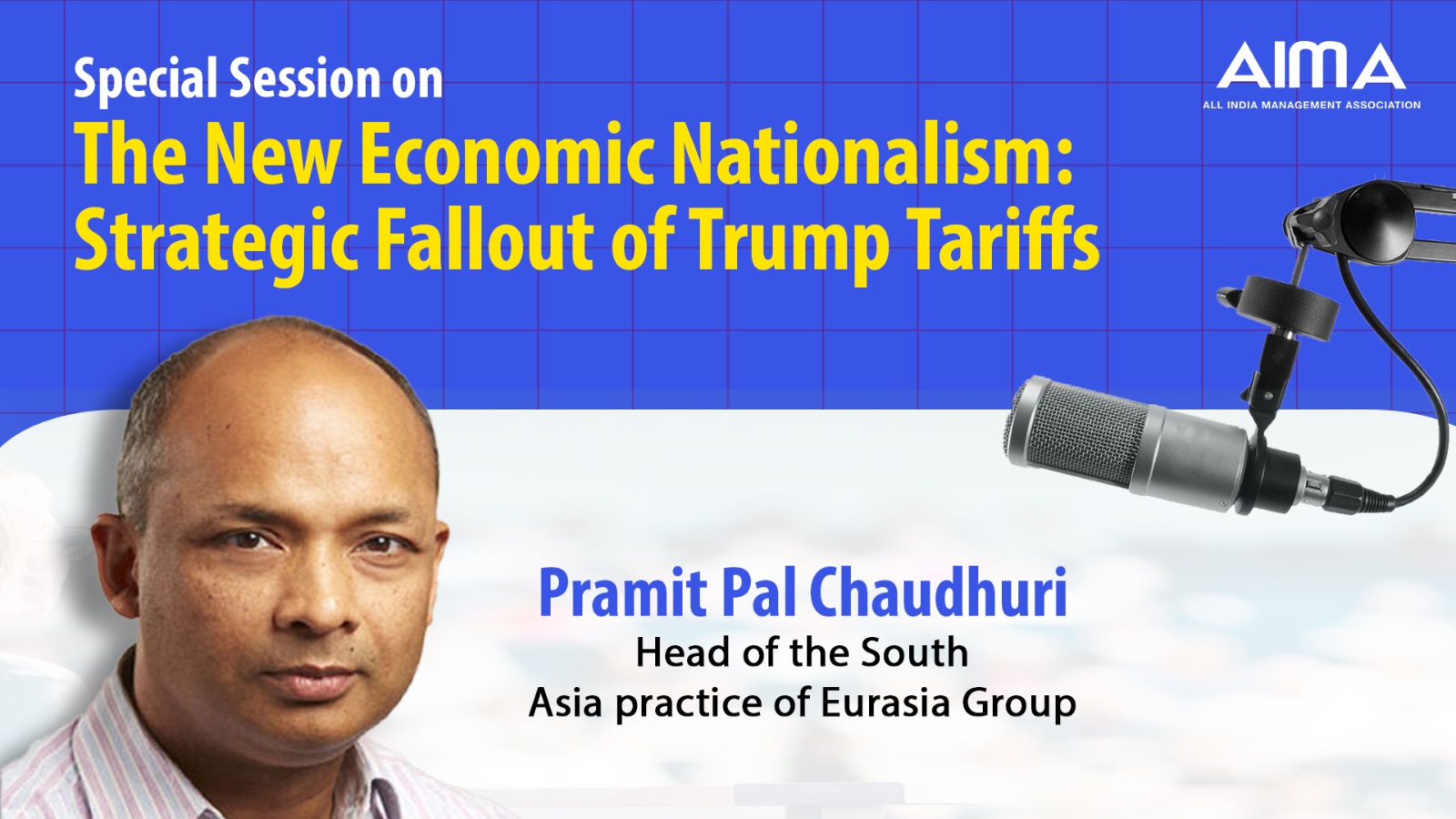
Economic Nationalism and Strategic Realignment: The US Tariff Playbook and Its Global Fallout
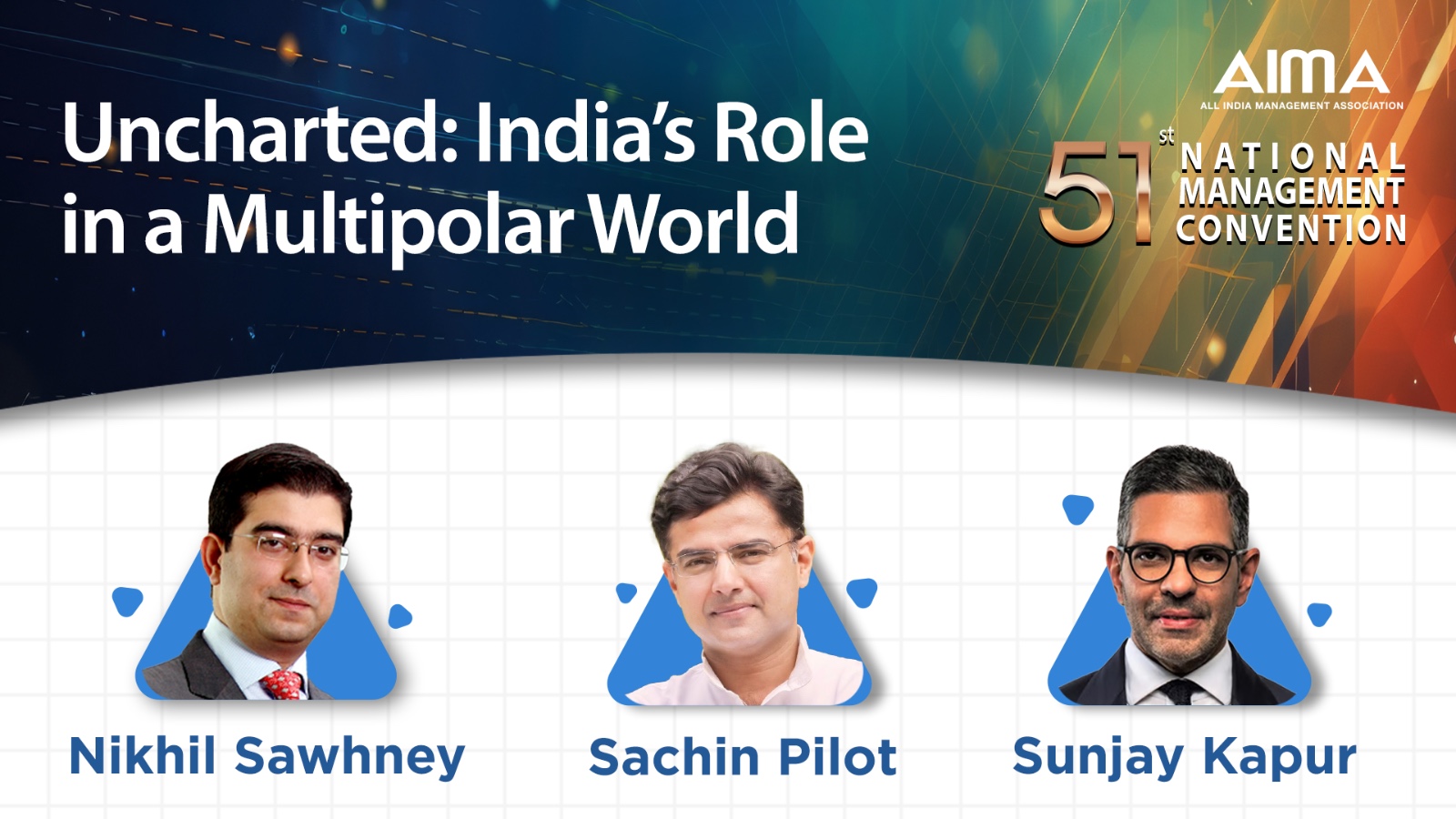
The fireside chat focuses on how India can strengthen its global leadership and influence in a multipolar world by enhancing strategies, forging key partnerships and shaping decision-making.
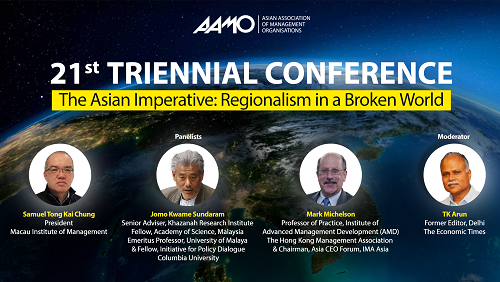
The panelists talk about the challenges faced by Asian economies due to the growing friction in global trade and finance, and the different beneficial ways of Regional Co-operations for the New Global Order.
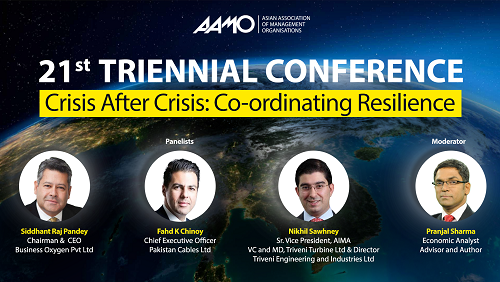
The panelists discuss how Asian economies can coordinate their resilience measures against crises that are happening in the world, and what are the best ways of regional collaboration for businesses within Asia.
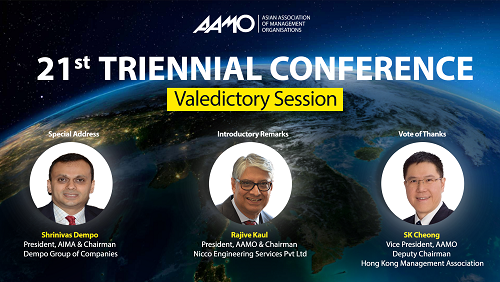
Rajive Kaul delivers the Introductory Remarks, Shrinivas Dempo delivers a Special Address and SK Cheong offers a Vote Of Thanks.
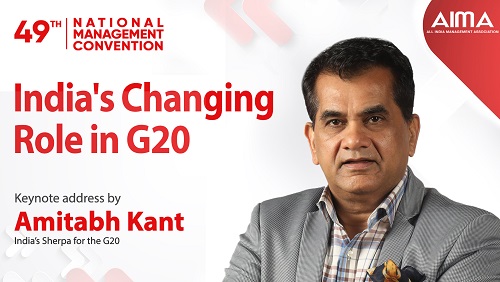
Amitabh Kant talks about how India has to push its growth model narrative to lead G20 next year due to the geopolitical wrangling, Russia-Ukraine War, weakened economics and post-pandemic effects.
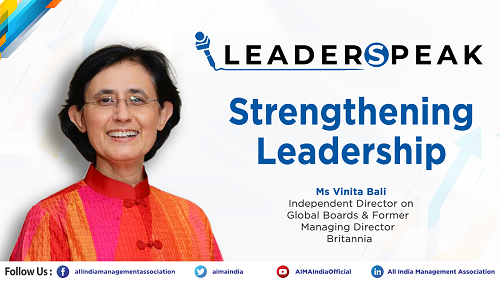
Vinita Bali says that leadership is all about taking ownership, taking accountability, and being authentic.
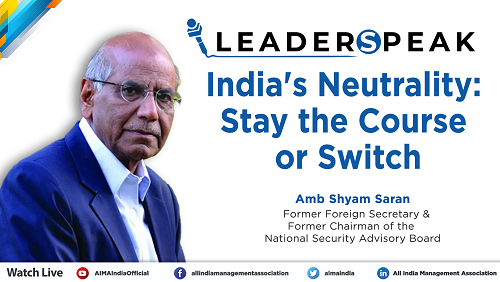
Amb Shyam Saran says India’s “neutral” stance means adjusting to the existing global order conditionally and not accepting it fully.
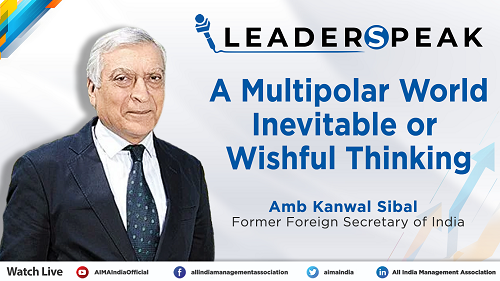
Amb Kanwal Sibal talks about the world’s geopolitical situation and says how India duly qualifies to be a part of the Multipolar World Order for having sizeable demography and economic stability.
